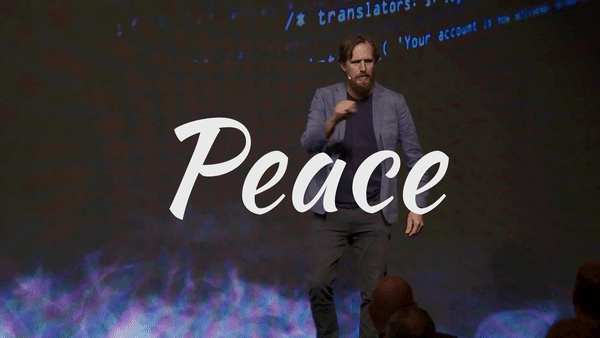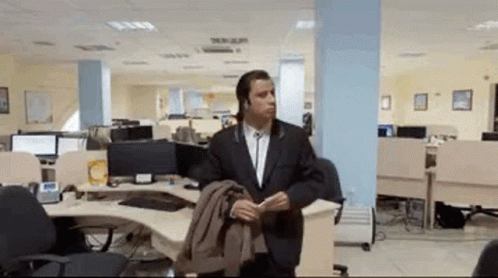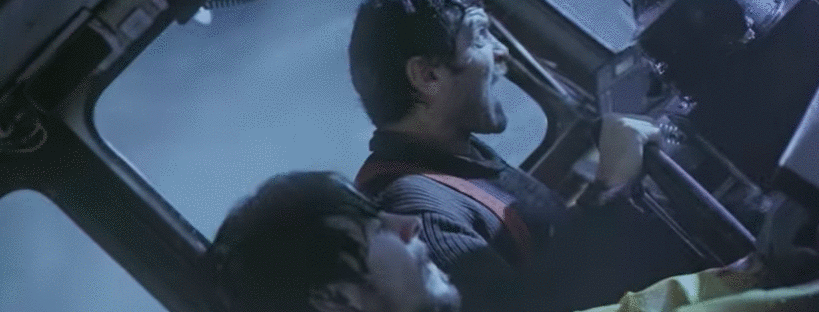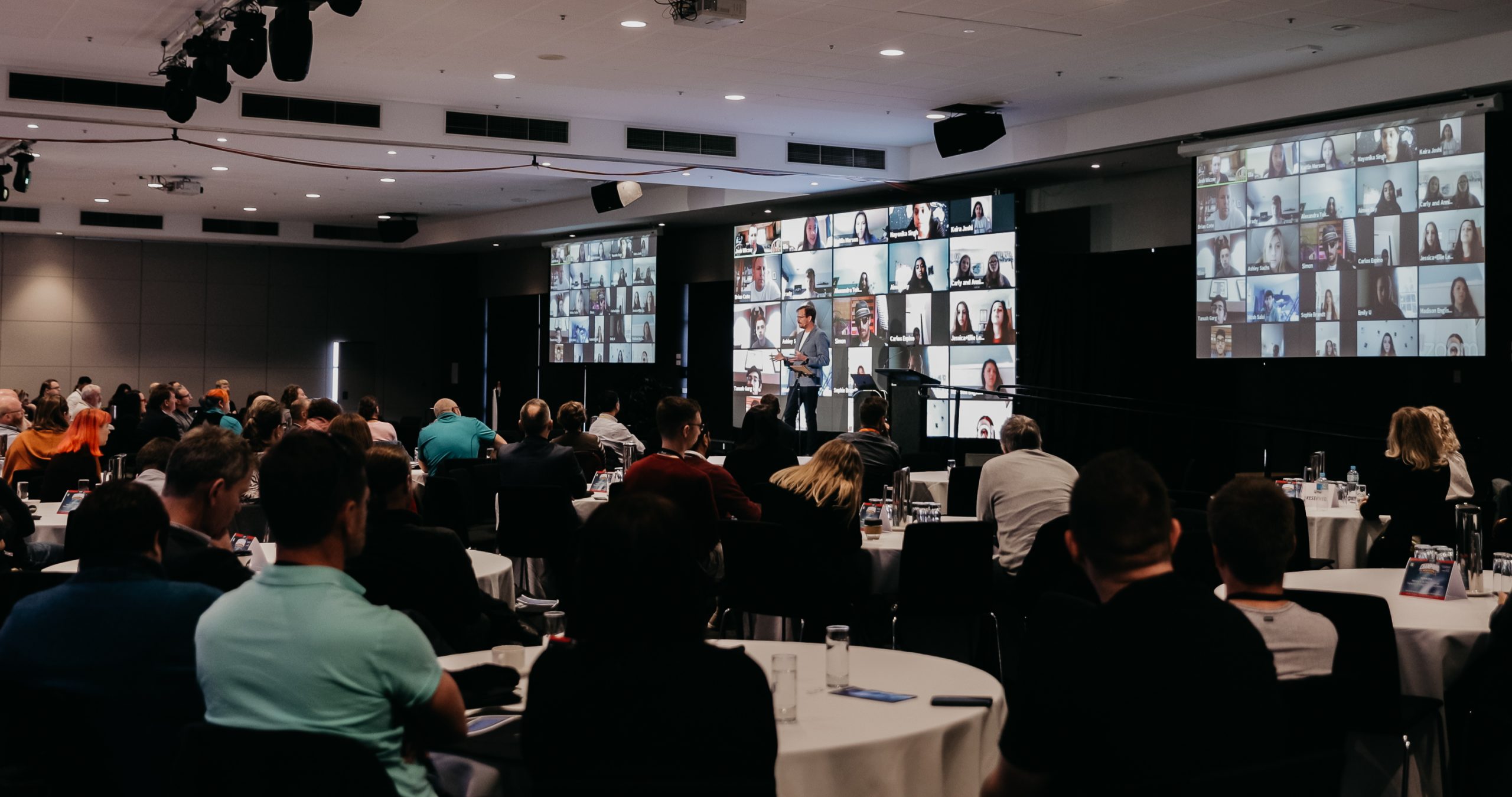A couple of weeks back, I ran a scenario workshop for one of my local government clients. The workshop took the entire leadership team of 90 out of the office for the entire day.
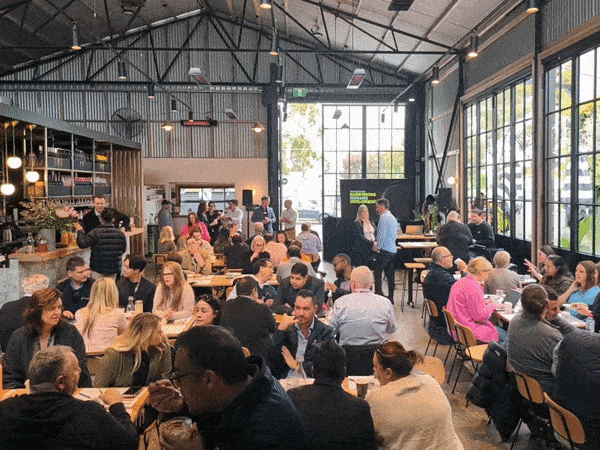
As a consultant and facilitator, you’re acutely aware that in such situations, whatever you are getting paid for the day is a small fraction of the real cost to the organisation. The real cost to the organisation is the value of 90 people not doing their day job. A back-of-the-envelope calculation would suggest the collective value of that time would be somewhere north of $50,000 for that day (for potential clients reading this, you can be assured this is significantly more than my day rate).
So, what could we possibly achieve on that day together that makes it worth it?
The purpose of the workshop was to share a set of four future scenarios that had been developed based on the collective input of the 90 people in the workshop. We had asked them to share ‘signals’ they are seeing that indicate how the future might unfold for their community. These 400+ signals were then distilled down into a set of scenarios that were then presented back to the group.
Although the workshop was ostensibly about uncovering the challenges, opportunities, and strategic options each of these scenarios might present, I believe the real value was in giving people the space and the structure to renegotiate a collective worldview.
A collective worldview is a shared understanding and set of beliefs about how the world works and our place in it. Different groups of people have different worldviews and depending on which group you’re associating with at a given time (family, sports club, workplace), the beliefs you hold and norms you exhibit might change (for more on this, it’s worth checking out “The Power of Us” by Jay Van Bavel and Dominic Packer).
For example, we might be far more competitive around the sports club and more collaborative at work, and we might believe more capitalistic ideas at work and exhibit more socialist ideas at home (apparently, it’s not considered good parenting to make school-age kids pay rent and supply their food).
Unfortunately, over the last few years, the collective worldview of many organisations has started to fray. This has occurred for a number of reasons:
- Organisations have operated in a period of sustained global instability and uncertainty since the start of the pandemic in 2020. Apart from the pandemic itself, we’ve seen wars in Europe and the Middle East, heightened conflict in the South China Sea, and a period of sustained high inflation and rapidly rising interest rates. All this means that the collective worldview held by many organisations is now misaligned with the world they operate in.
- In general, our collective worldview is created all at once; it’s continually shaped over time as a result of both formal and informal time spent with our peers. Unfortunately, starting with the pandemic when many people were forced to work from home and continuing into the post-pandemic hybrid work arrangements, members of the leadership team now spend significantly less time together, and their collective worldview has not been updated as often.
- The employee turnover rate is currently at 9.5% per annum, which is the highest rate of employee turnover in more than a decade. This makes it likely 30% of the leadership team wasn’t with the organisation before the pandemic. Once again, with the limited opportunities for the leadership to connect and converse, the ability to create a shared worldview becomes limited.
- The signals we collect from the world that shape our individual worldview are becoming increasingly disjointed. With social media feeds having become an echo chamber of existing beliefs filled with increasingly polarising content, we can no longer trust that individual worldviews align. What is more, the wider divisions this has created within society means individuals feel less inclined to bridge those divides.
This lack of shared worldview has created significant challenges for organisations. If we can no longer assume that those around us share our worldview, negotiating outcomes, or even just having conversations becomes more difficult . And if we can’t agree on what the future will look like, or the factors shaping it, it’s incredibly hard to develop an effective organisational strategy.
In light of this, the ~$50,000 of collective time committed to the workshop last week is entirely worth it. How many good decisions need to be made or bad decisions need to be avoided to recoup the value of time that was invested? Probably just one.
Scenario workshops such as this provide a unique opportunity to shape a collective worldview in a safe and supportive environment. People’s individual contributions to the scenarios are anonymised so people can share their ideas freely. In addition, embedding the challenging conversations an organisation needs to have in future scenarios makes those conversations far less confronting. Finally, allowing people the best part of a day to spend in a space of structured deep thinking with their peers allows their individual worldview to be challenged in a positive way.
I often talk about scenarios as a precursor to good strategy development. It helps identify opportunities and threats we might otherwise miss and throws up strategic options we might not have otherwise considered. But the event last week was a good reminder to me that possibly the most valuable outcome of the scenario workshop itself is the shared understanding it helps create between the people who participate.
